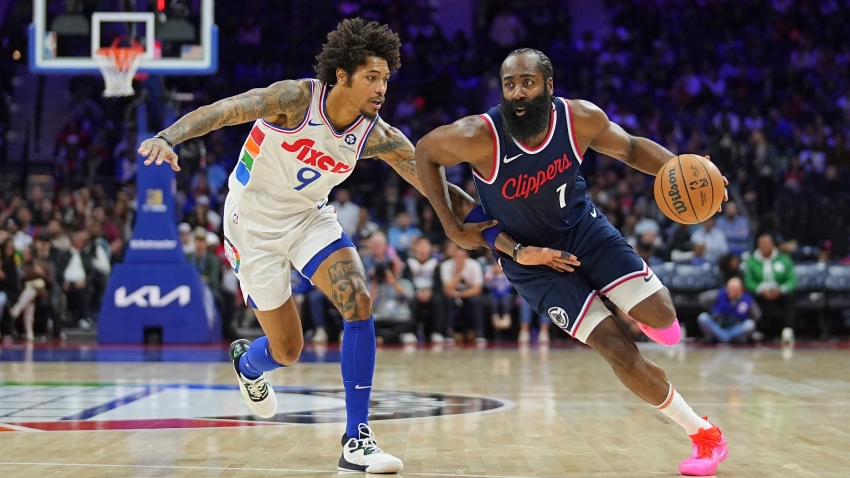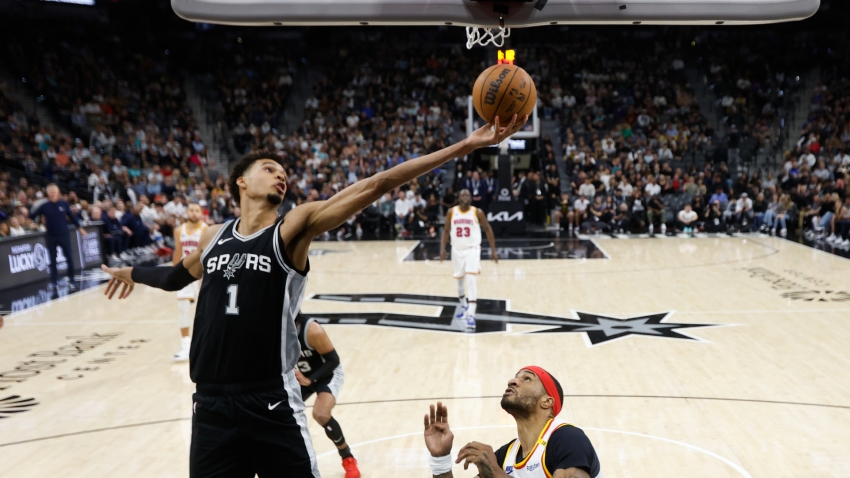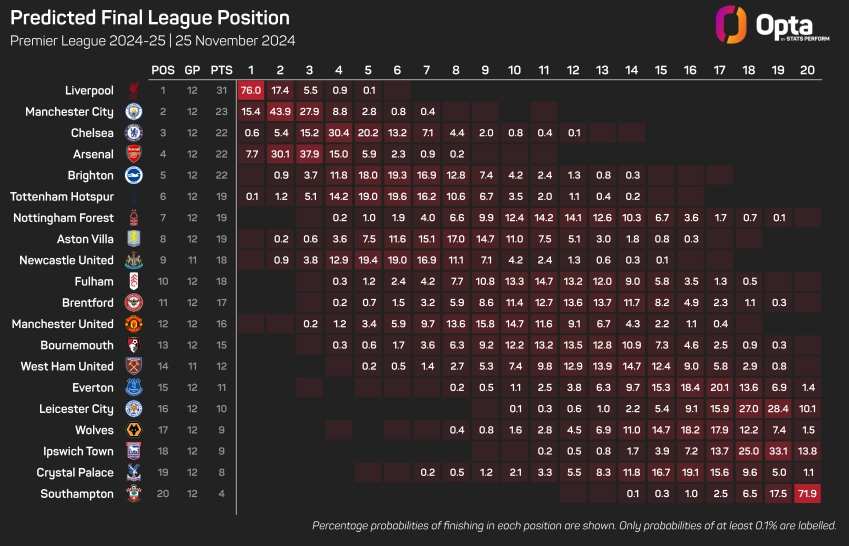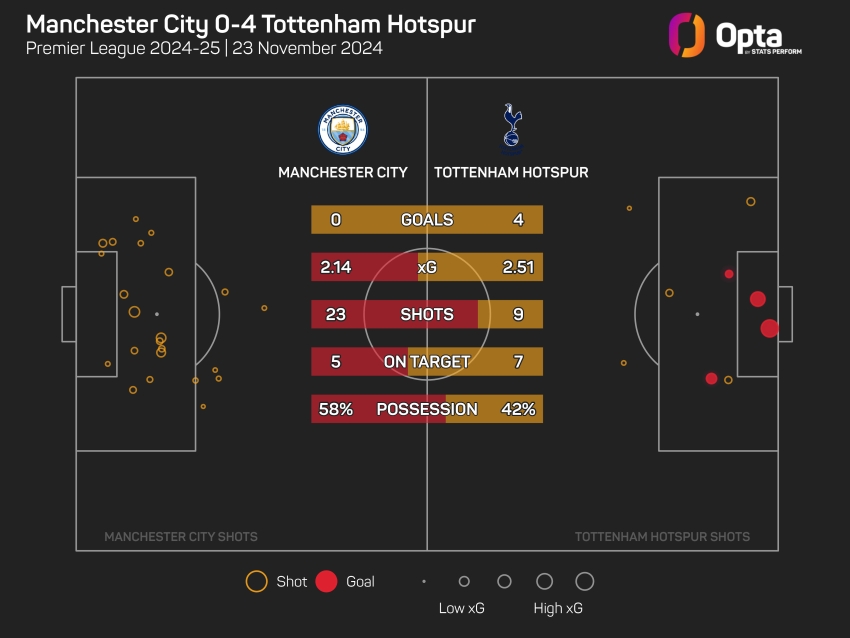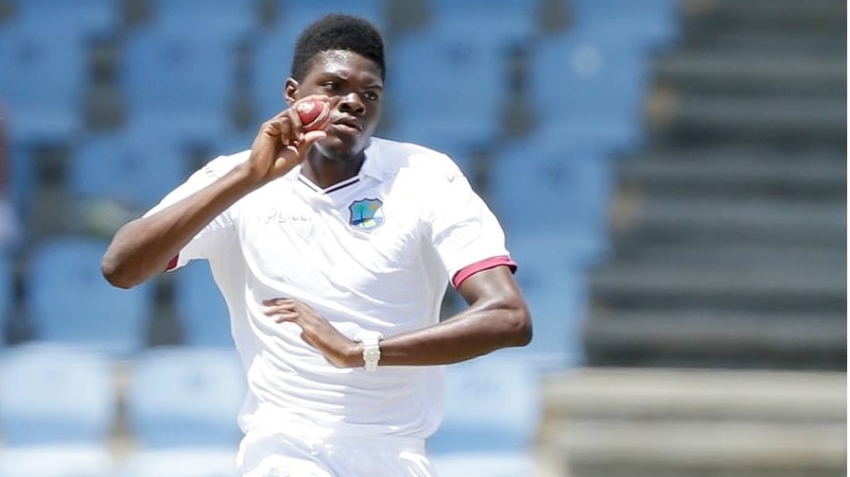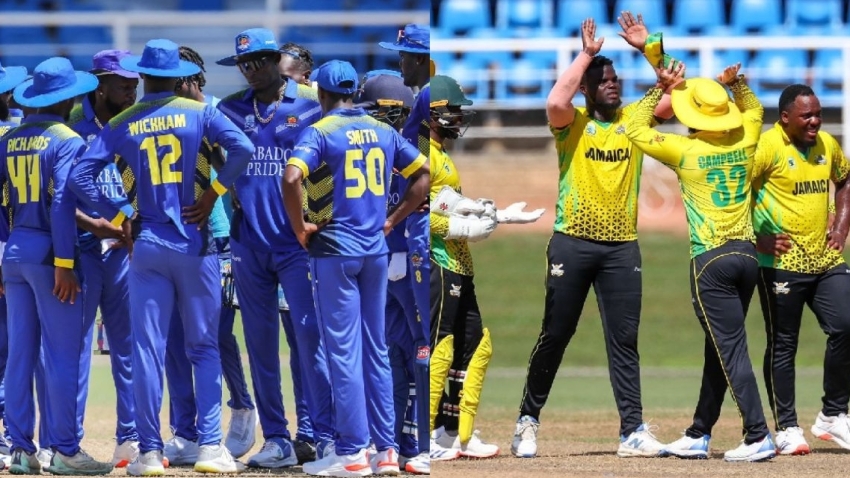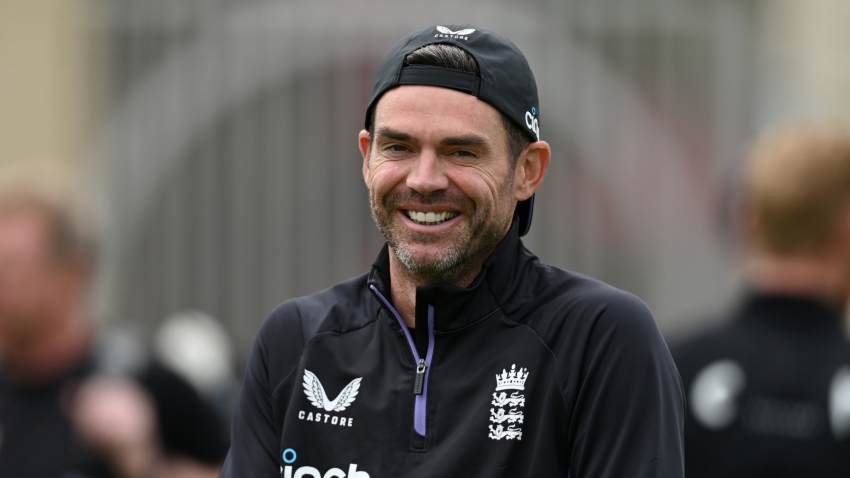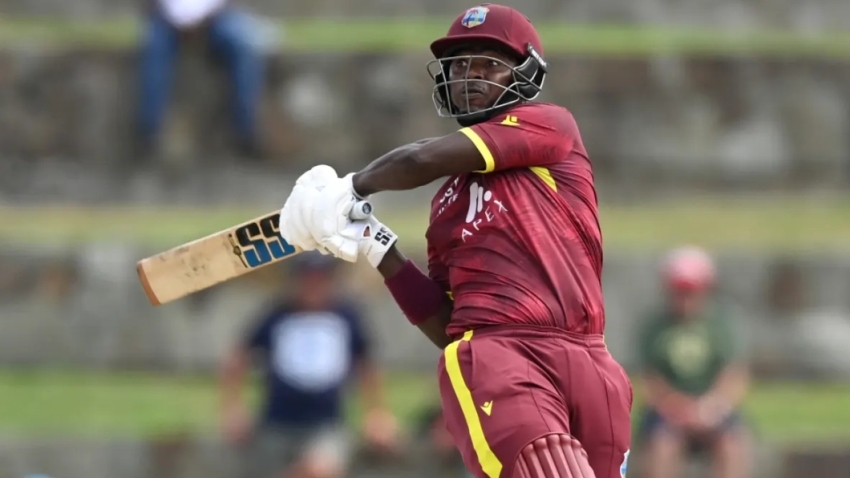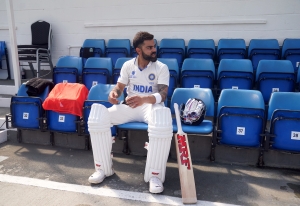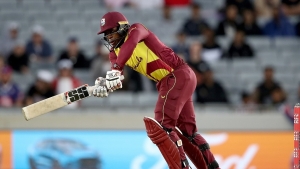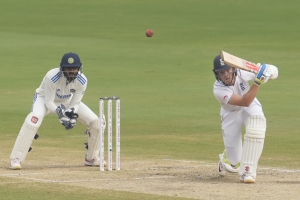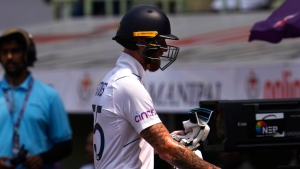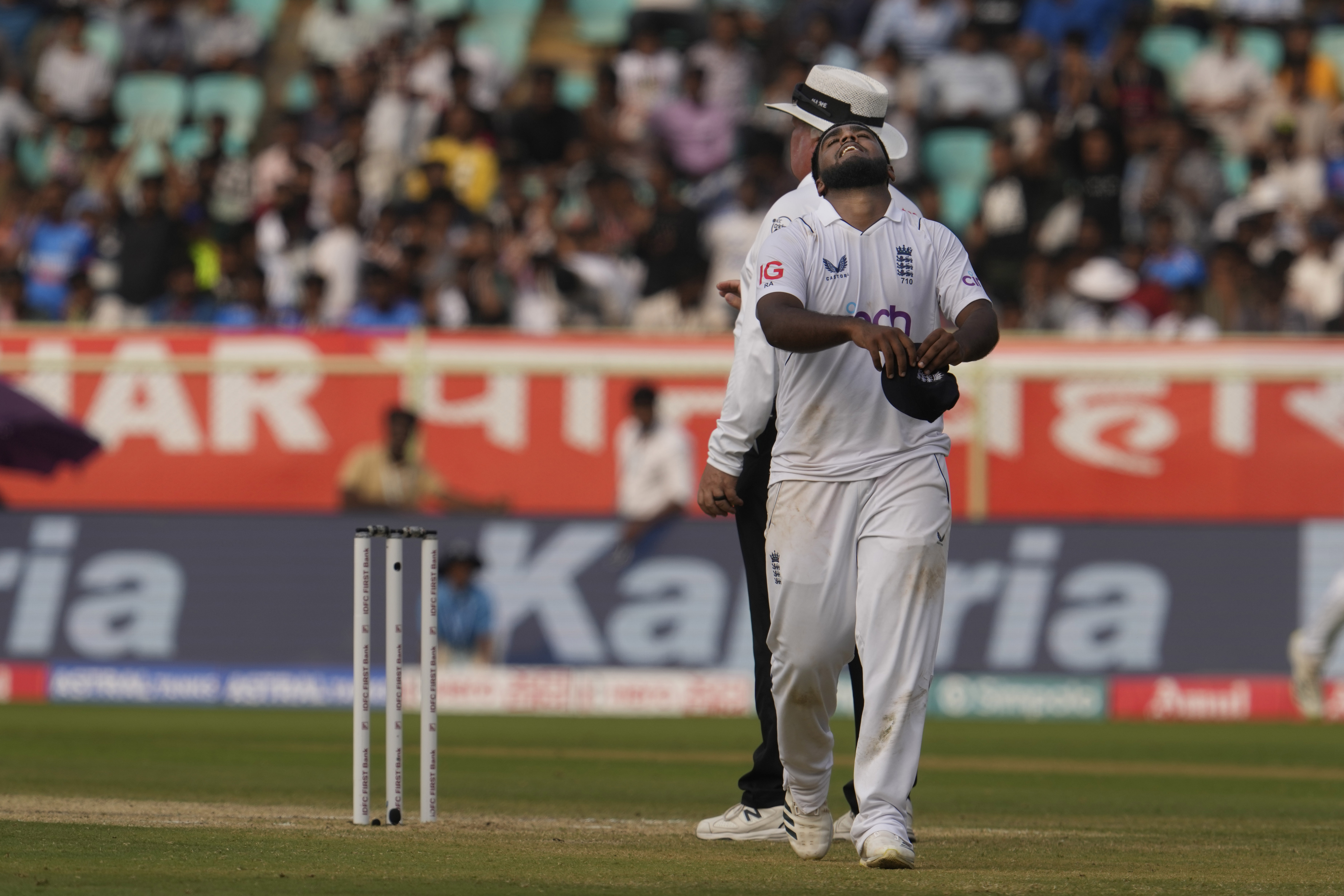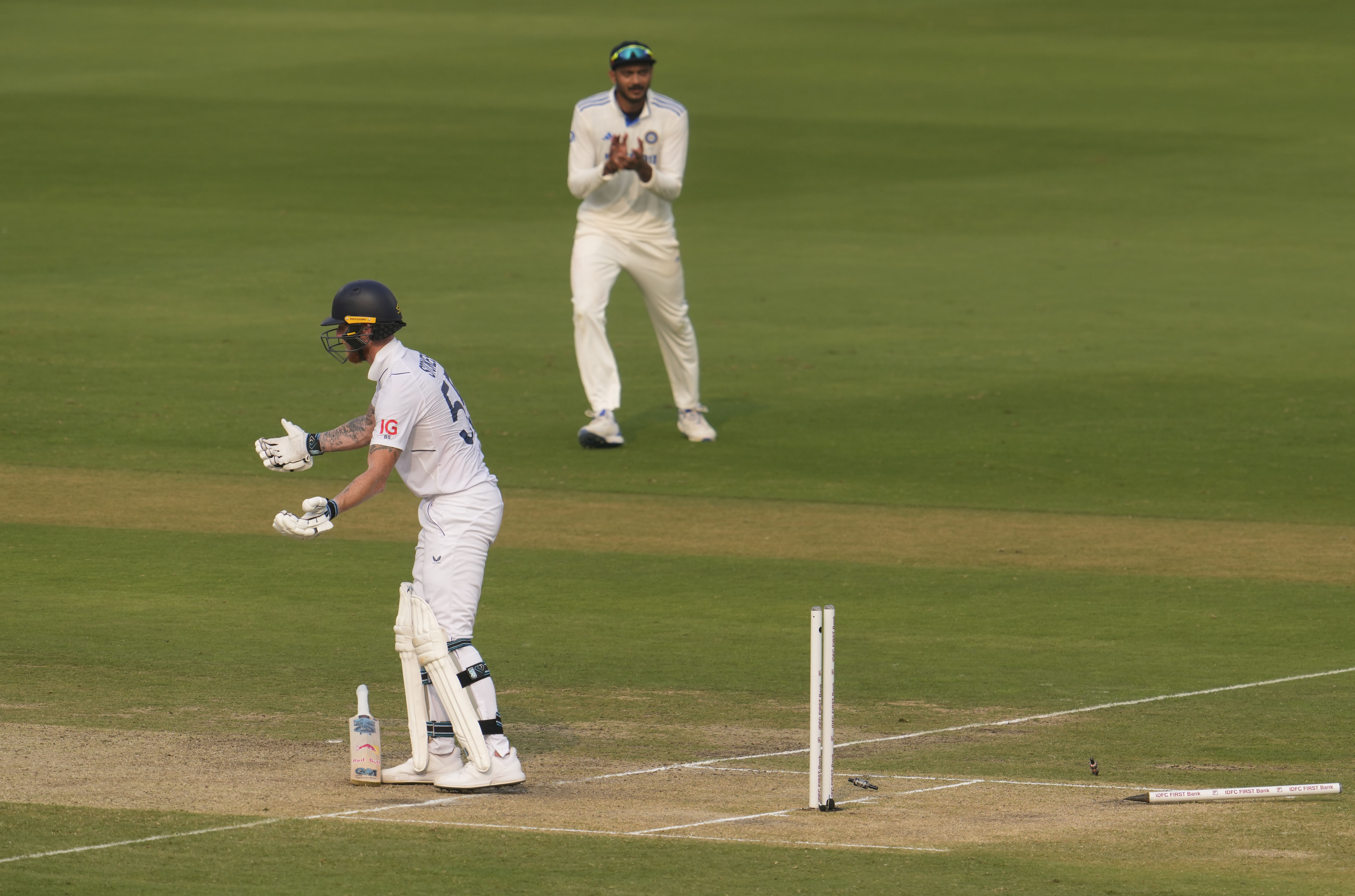England’s reputation as the most fearless chasers in the game will be put to its biggest challenge yet after they were set a record 399 to win an absorbing second Test against India.
Since the ‘Bazball’ era began, Ben Stokes’ side have won eight of their 10 fourth-innings pursuits, including a new English record of 378 against the same opposition at Edgbaston 18 months ago.
Speaking after that match, Stokes said: “There was a bit of me that wanted them to get to 450, just to see what we’d do”. Now, he is one step closer to finding out.
That it is even considered possible after England ended day three on 67 for one speaks volumes for the way this team have raised expectations, not least in Hyderabad last week where they overturned a 190-run first-innings deficit.
But the challenge of finding another 332 runs in Visakhapatnam is even steeper, with a tricky turning pitch bringing the home spinners into play and the dynamic Jasprit Bumrah leading the attack.
England lost Ben Duckett for 28 when he was well caught off bat and pad but they refused to back down, Zak Crawley reaching 29 not out and Rehan Ahmed throwing the bat in a late cameo as the so-called ‘nighthawk’.
India had a chance to bat England even further out of the game but failed to back up Shubman Gill’s century as they were bowled out for 255.
England’s inexperienced bowling attack, featuring three young spinners with three Test caps between them coming into the match, Tom Hartley leading the way with four for 77.
The trio were perfect, with the occasional drag down or full toss creeping in, but their readiness to keep rolling up to try their luck showed plenty of heart. At 211 for four, with Gill on 104, that did not look enough but they clubbed together to take the next six wickets for 44.
India turned up already 171 in front and with all 10 wickets intact, a formidable starting point if ever there was one. But it was England’s old stager James Anderson who had the first say.
At 41 – and with no other seam bowlers in the side – he showed no signs of weariness as he blew away the Indian openers.
More than half of a sold-out Sunday crowd were still queuing outside when he struck with his fourth ball of the morning, a beauty that stood up off the seam and hit the top of Rohit Sharma’s off stump as he looked ruefully over his shoulder.
Yashavi Jaiswal, following up his stunning double century, was next to succumb to Anderson’s unforgiving line and length as he flashed a drive to slip. When Gill was given lbw to Hartley with just four to his name, England seemed to be calling all the shots.
But he took a chance on DRS and seemed more surprised than anyone when replays suggested a thin edge. A few moments later he had another scare, this time saved on umpire’s call as Anderson rapped him front.
Having survived his double scare, the Punjabi added exactly a hundred more runs. In the context of the game, against opponents not easy to intimidate, it was a crucial knock.
When Anderson exited the attack, the control went with him. Gill took the lead past 200 by launching Shoaib Bashir for six and dashed to 50 with successive fours off Ahmed. He shared a stand of 81 with Shreyas Iyer but Stokes’ refusal to give up on a lost cause got England back in the struggle.
Racing 20 metres as the ball sailed over his head he tracked it perfectly, dived at full length and pulled off a magnificent take before celebrating in front of a small pocket of travelling fans.
Ben Foakes produced a smart take of his own to give England a fourth success in the morning session, staying low to snatch Rajat Patidar’s bottom edge. There runs were ticking by too though, 102 of them before lunch and another 97 in the afternoon.
Gill took a six and two fours off one Ahmed over as he took India 300 ahead and brought his third Test hundred up in 132 balls. Bashir finally got him when he gloved a sweep behind, leaving Hartley and Ahmed to share the last four wickets.
Srikar Bharat, Kuldeep Yadav and Bumrah made six between them and Ravichandran Ashwin a frustrating 29 after Crawley put him down on four.
England were left with 14 overs to face, but allowed India an important breakthrough when Ashwin had Duckett well caught by the wicketkeeper off bat and pad.
Ahmed was pushed up the order to save Ollie Pope the ordeal and showed his fearless nature with three risky shots in a row in the final over before stumps.


